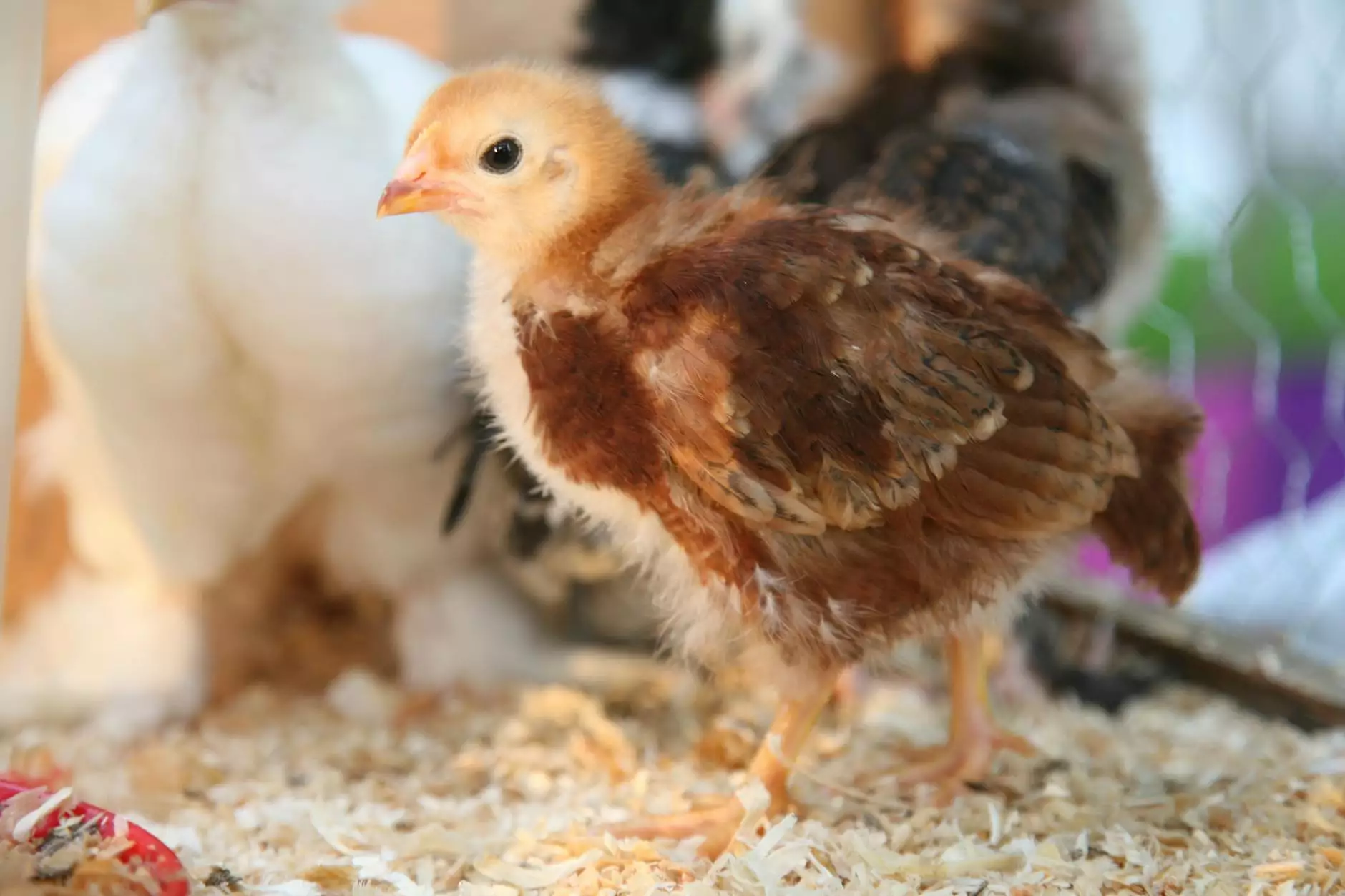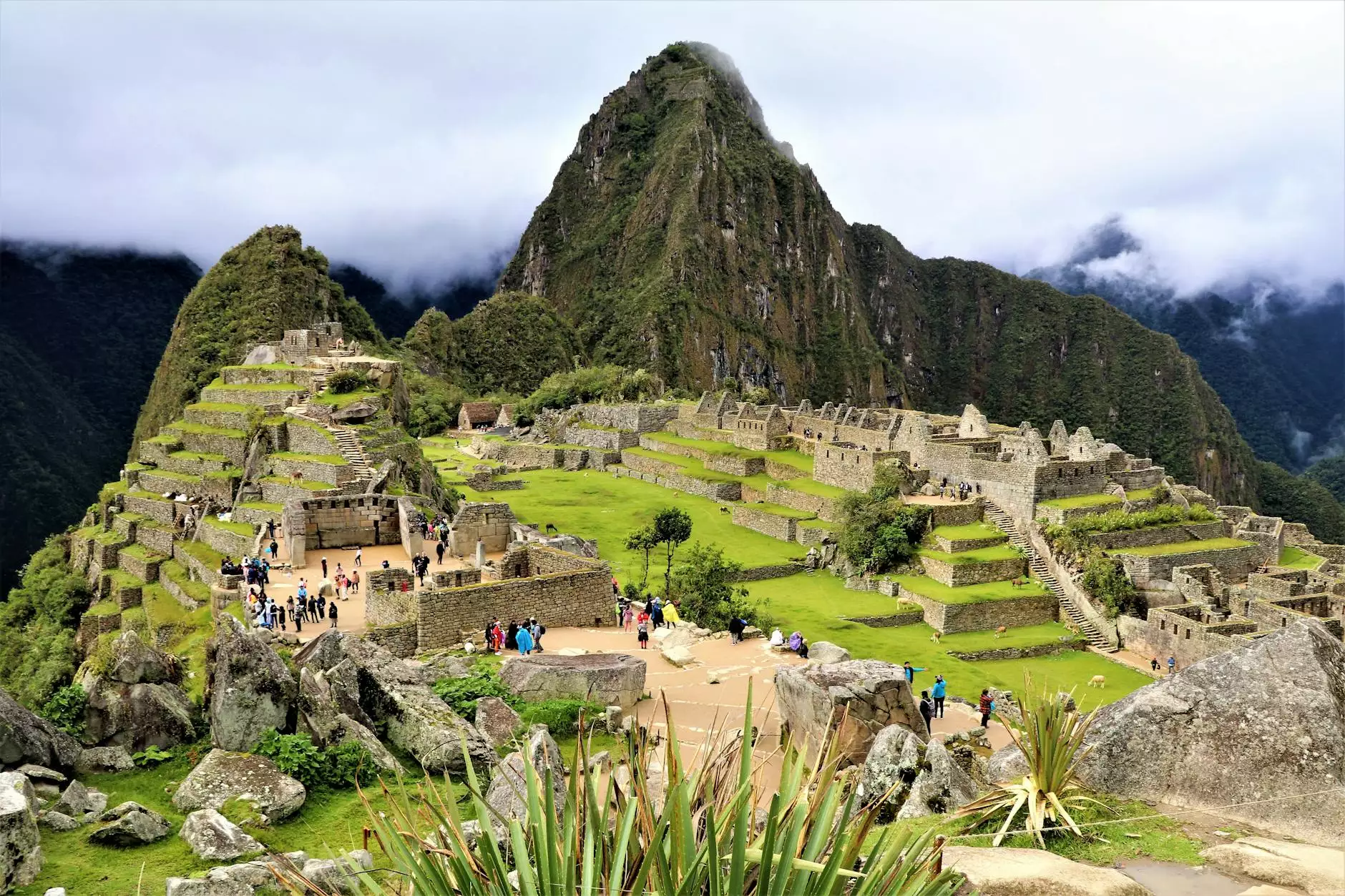The World's Largest Chicken Exporters: A Deep Dive into Global Poultry Trade

The poultry industry plays a critical role in the global food supply chain, providing a significant source of protein for consumers around the world. Among the various players in this dynamic market, Brazil stands out as one of the role models of efficiency and productivity. This article explores the world of poultry exportation with a particular focus on the world's largest chicken exporters, uncovering the factors contributing to their success and their impact on the global market.
An Overview of the Global Poultry Market
As a substantial part of the agricultural sector, the global poultry market has been experiencing exponential growth. In recent years, the demand for chicken has surged due to its affordability, versatility, and nutritional benefits. According to recent reports, chicken is now the most consumed meat worldwide, surpassing beef and pork. This trend is largely attributed to population growth, urbanization, and a shift in dietary preferences.
Key Players in the Poultry Exporting Arena
- Brazil: Known as a poultry powerhouse, Brazil is the leading exporter of chicken meat globally.
- United States: A major competitor with advanced technology and production methods.
- European Union: Particularly countries like the Netherlands and Poland are significant players in the export market.
- Thailand: An emerging competitor known for high-quality chicken products.
- China: An intriguing market with robust domestic consumption and potential for export growth.
Brazil: The King of Poultry Exports
Brazil has firmly established itself as the largest chicken exporter in the world, accounting for nearly one-third of the global chicken trade. The country is not only praised for the volume of its exports but also for the quality of its chicken, which conforms to international safety and health standards. The Brazilian poultry industry has thrived due to several key factors:
1. Affordable Production Costs
Brazil benefits from low production costs compared to other countries. Factors such as abundant land, favorable climate conditions, and a strong feed supply infrastructure contribute to efficient poultry farming operations. This cost-effectiveness allows Brazilian exporters to offer competitive prices in the global market while maintaining healthy profit margins.
2. Strategic Trade Agreements
Brazil has forged strategic trade agreements that facilitate the export of poultry to various regions, including Asia, the Middle East, and parts of Europe. These agreements often remove tariffs and improve access to burgeoning markets, boosting the country's export potential.
3. Advanced Technology and Practices
Brazilian poultry producers are at the forefront of utilizing advanced technologies and farming practices. From enhanced breeding programs that ensure better growth rates and feed conversion ratios to modern processing facilities featuring cutting-edge hygiene and quality control measures, Brazil's investment in technology enhances its competitive edge.
The Impact of Brazilian Poultry Exports on the Global Market
The dominance of Brazil in the global poultry market has significant implications. The nation's ability to export such vast quantities of chicken has repercussions for food security, trade balances, and even local economies around the world.
1. Food Security
As one of the world's largest chicken exporters, Brazil plays a crucial role in addressing food security issues, especially in developing countries. By supplying affordable protein sources, Brazilian chicken helps to alleviate hunger and malnutrition globally.
2. Competitive Pricing and Consumer Access
Brazil's efficient production methods contribute to lower global chicken prices, promoting greater consumer access to protein-rich food. This can be particularly beneficial for low-income populations around the world, who may struggle to afford alternative meat sources.
3. Influence on Global Trade Policies
The prowess of Brazilian poultry exporters in the international market also exerts influence over global trade policies. Countries often evaluate their regulatory frameworks and import strategies based on Brazil's efficiency and product quality, leading to shifts in trade dynamics.
Challenges Faced by Brazilian Poultry Exporters
Despite its success, the Brazilian poultry industry faces several challenges that could impact its standing as the world's largest chicken exporter:
1. Environmental Regulations
The agricultural sector, including poultry farming, is under increasing scrutiny regarding its environmental impact. Issues such as deforestation for feed production, greenhouse gas emissions, and water usage are top concerns. The industry must adapt to sustainable practices to mitigate these effects and comply with international regulations.
2. Disease Outbreaks
Avian diseases, including bird flu, pose a significant threat to poultry production and exports. Any outbreak can lead to trade embargoes, loss of consumer confidence, and substantial financial losses for exporters. Regular monitoring, strict biosecurity measures, and contingency planning are imperative to safeguard the industry.
3. Competition from Other Suppliers
Although Brazil is a leader in poultry exports, emerging markets like Thailand and the U.S. are ramping up their production and export capabilities, intensifying competition. To maintain its leadership, Brazil must continue to innovate and enhance its production efficiency.
Future Prospects for Brazil's Poultry Industry
The future of Brazil's poultry export sector looks promising, with several trends indicating growth opportunities:
1. Increased Global Demand
With a growing global population, the demand for chicken is expected to continue rising. As consumers become more health-conscious and seek affordable protein options, poultry will remain a popular choice. Brazil is well-positioned to meet this demand.
2. Expansion into New Markets
Brazilian poultry exporters are actively seeking access to new markets, particularly in Asia and Africa, where demand is surging. These regions present untapped consumer bases that can drive export growth significantly.
3. Focus on Sustainability
Emphasizing sustainable practices in poultry farming is becoming increasingly important. Producers who invest in eco-friendly methods will not only comply with regulations but can also appeal to environmentally conscious consumers and retailers, thus enhancing marketability.
Conclusion
The world's largest chicken exporters, particularly Brazil, demonstrate the intersection of agricultural innovation, economic strategy, and global trade dynamics. As the market evolves, the key to maintaining and expanding this leadership lies in adapting to changing consumer demands, adhering to sustainability practices, and navigating international regulations. The Brazilian poultry industry sets a benchmark for excellence and efficiency, ensuring its prominent position in the global marketplace for years to come.
In conclusion, the success enjoyed by Brazilian poultry exporters like the Frozen Chicken Group is a testament to their commitment to quality, sustainability, and innovation, making them a force to be reckoned with in the world of poultry exports.









